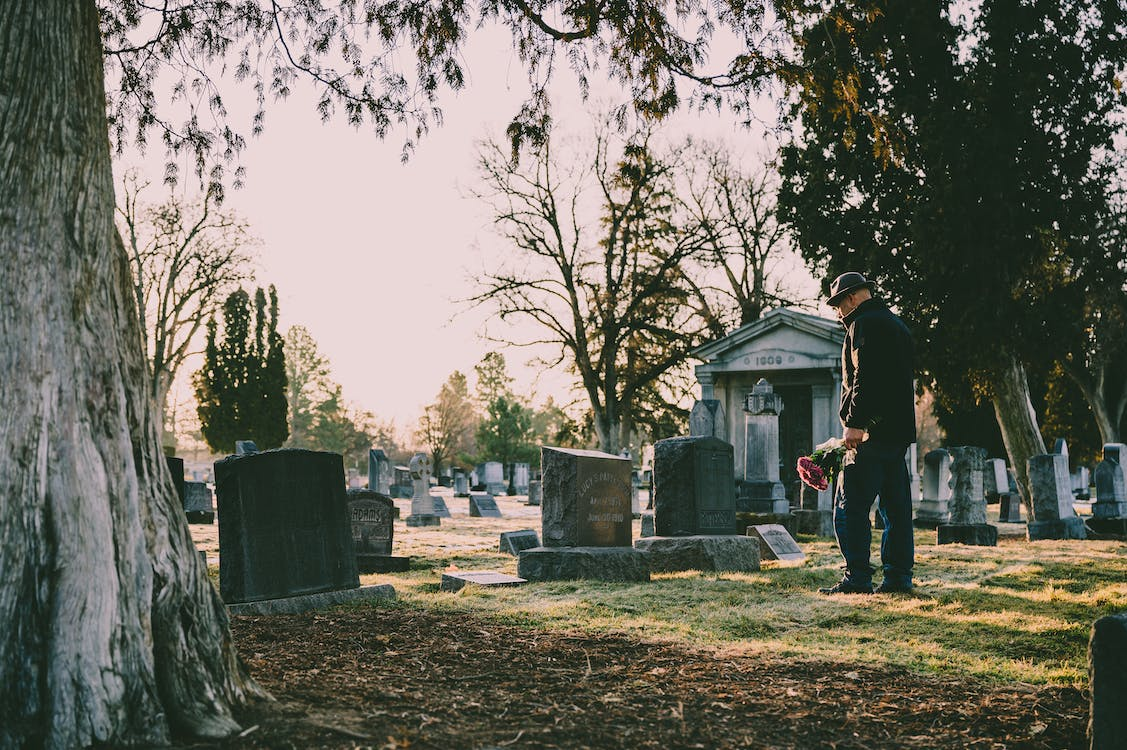Now Reading: Who Should Contact a Wrongful Death Lawyer?
-
01
Who Should Contact a Wrongful Death Lawyer?

Who Should Contact a Wrongful Death Lawyer?
A wrongful death suit is filed by the representative of the decedent, usually the executor of their estate, on behalf of the decedent’s survivors. Each state varies who can file a wrongful death case on behalf of the deceased victim, but the plaintiffs could be:
- The surviving spouse
- Children
- Life partners or putative spouses (in some states, they’re still called “common law” husbands or wives)
- Not immediate family members such as grandparents
- Someone not related by blood or marriage to the decedent but who is supported financially by the decedent
Who Is Allowed to File a Wrongful Death Suit?
First, check the statutes in your state because each state is different in its requirements. However, there are a few broad rules:
- A wrongful death suit may be filed by the decedent’s immediate family, including adult children.
- The parents of a minor child may bring a wrongful death suit.
- In some states, the surviving partner of a civil union may bring a wrongful death suit.
- If the decedent is single, their parents, siblings, or grandparents may bring a lawsuit.
When Is It Wrongful Death?
Wrongful death has to meet certain guidelines:
- The death must have been caused by the negligence or intentional actions of another person.
- The victim dies in a fatal car accident caused by a negligent driver. Drinking while driving is one of the leading causes of fatal traffic accidents.
- When a faulty product causes the decedent’s death.
- The death was caused by medical malpractice.
- The victim died after an assault.
If your loved one died in an accident caused by the actions of another person, you may be eligible for damages. A wrongful death lawyer can help you determine if you have grounds to pursue a wrongful death claim.
Who May Be Sued for a Wrongful Death?
A variety of parties can be sued for wrongful death. In the case of an auto accident with a drunk driver, for instance, those who can be sued include:
- The negligent driver who caused the collision.
- The party responsible for road maintenance.
- A local or state government representative who didn’t adequately post road hazard signs.
- If a part of the vehicle failed and caused the accident, the manufacturer, dealership, or mechanic who made and installed the defective part.
- Those who manufactured, distributed, and sold alcohol to the driver in the accident.
- The owner of the establishment where the intoxicated driver consumed alcohol.
The victim’s surviving loved ones can consult a wrongful death attorney from MHS, PLC for further legal guidance. An attorney can help you identify the party or parties responsible for your loved one’s death and file a strong case against them.
What Can Survivors Expect From a Wrongful Death Suit?
Death, wrongful or not, causes an emotional upheaval that can take a long time to fade. When legal facets are involved, the upheaval turns into a roller coaster. Survivors will need to understand that some things can’t be compensated.
Yet, you may wonder how can the court assign a dollar amount to the love lost when the decedent died. How can a dollar amount stack up to what the decedent could have taught survivors had they lived?
Compensatory Damages
Plaintiffs may claim non-economic damages, including pain and suffering, loss of consortium, and loss of emotional support. Furthermore, you may also claim economic damages that cover the financial loss associated with the death. These damages are easy to quantify, especially if you carefully document the financial impact of your loss.
Punitive Damages
In some cases, states will award survivors punitive damages to punish the perpetrator of the wrongful death. Consult your lawyer to learn if you qualify for punitive damages.
Consult a Wrongful Death Lawyer
Wrongful death occurs when someone’s actions lead to death. The law takes into account every single fact in the case, including the survivors’ anguish and the surviving family members’ financial needs. A wrongful death attorney can help you recover.

Early in his journalism college years, Kerry Tucker had a revelation: there were not nearly enough law communicators. Peoples’ difficulties in understanding the law, procedures, and how the justice system worked stemmed from the fact that no one took the patience to explain
complicated matters to them. Therefore, he took upon him the task of helping people navigate legal matters easier. He works with attorneys and other legal journalists, and spends time doing research so that everyone can find the actionable answers they are looking for.










